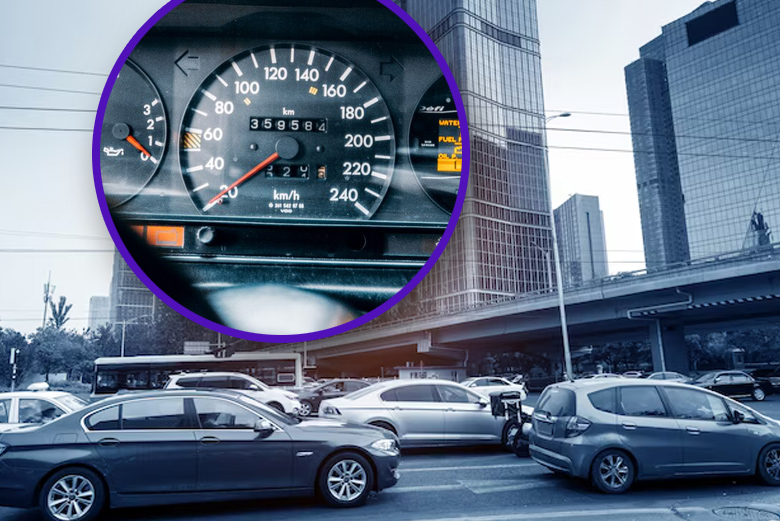The speed limit on most city roads has come into effect in the Dutch capital, Amsterdam, with the speed limit set at 30 km/h, according to NOS and the city’s official website.
Starting from December 8, approximately 80% of the city’s streets are allowed to drive no faster than 30 km/h, instead of the previous limit of 50 km/h.
This requirement applies to all road users, including cyclists and drivers of small individual electric vehicles.
The main reason for the decision was the desire to further reduce the risk of road accidents. The city authorities expect that the new speed limit will reduce the number of serious accidents by 20-30% and halve traffic noise.
A similar step is being considered in a number of other cities in the Netherlands.
Earlier, the speed limit in built-up areas in Wales was also limited to 32 km/h, and Austria approved a bill that would allow the authorities to confiscate cars whose drivers were significantly over the speed limit.
The European Union wants to tighten road safety rules for third-country drivers. Last week, the European Parliament’s Transport and Tourism Committee approved draft new EU rules that would end impunity for non-EU drivers and extend the effect of driver’s licence revocation in one EU country to all EU countries.
The Committee supported the expansion of the list of traffic offences that can trigger a cross-border investigation to include, among other offences, dangerous parking, dangerous overtaking, crossing a solid line and hitting a pedestrian.
Under the current rules, if a driver commits an offence in a country other than the one that issued the licence, the sanction is generally only valid in the country where the offence was committed and does not entail any restrictions in the rest of the EU.
Under the new rules, decisions to suspend, restrict or revoke a non-resident’s driving licence will have to be transmitted to the EU country that issued the driving licence to ensure that the disqualification decision is applicable in all EU countries.
Driving without a valid driving licence should be included in the list of the most serious offences – along with speeding, driving under the influence of alcohol or drugs and traffic violations resulting in death or serious bodily injury.
Source: The Gaze







